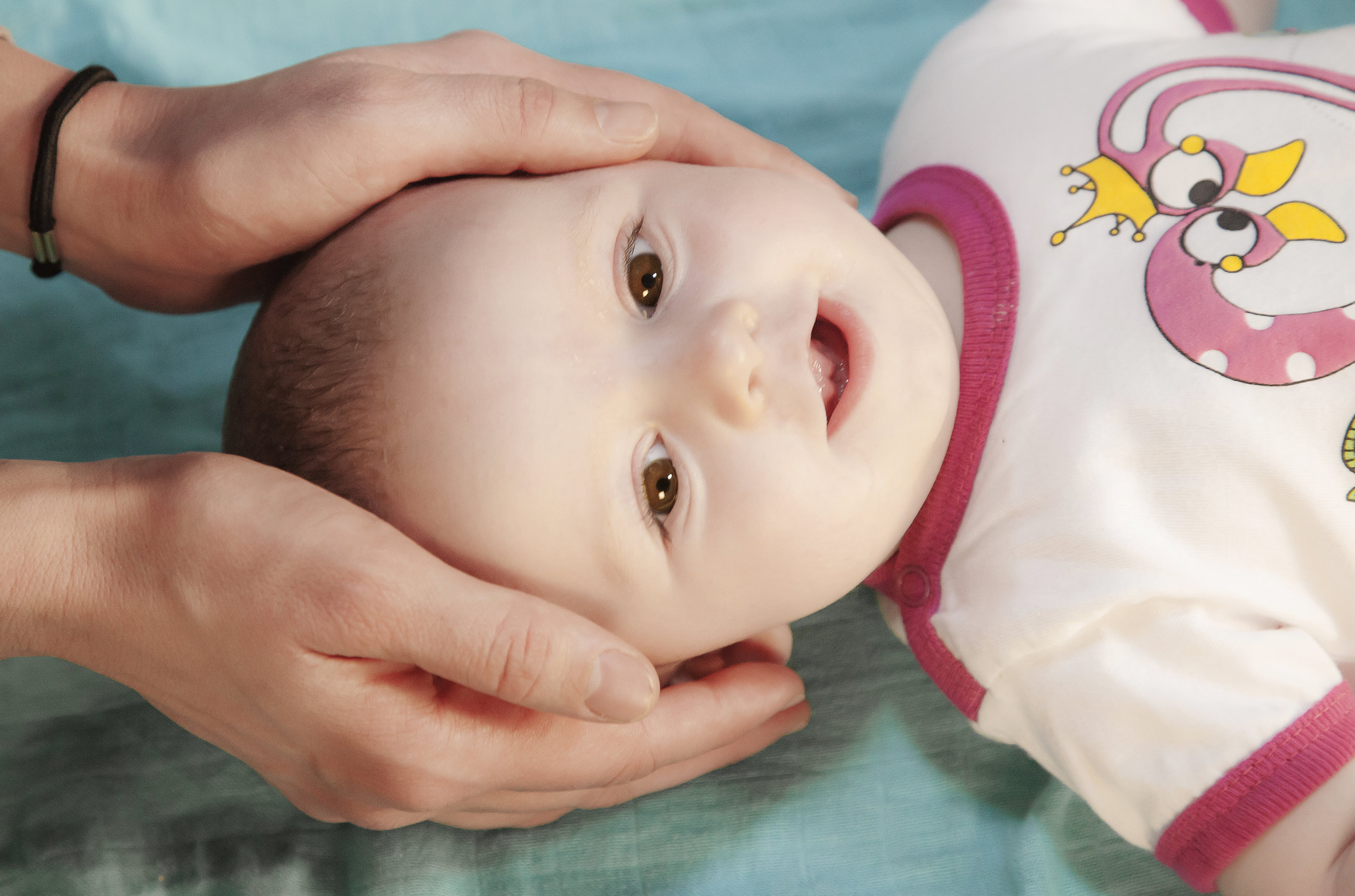
Paige Clark, ABMNP
“I know from experience the healing power of this learning modality and I am thrilled to share it with others on their own unique journey beyond pain and limitation.”
Tap into your brain's enormous potential
The Anat Baniel Method® of NeuroMovement® is a movement-based learning approach to optimizing development, recovering function after injury, improving self-awareness and increasing vitality.
Anat Baniel Method NeuroMovement lessons use guided movements and applied principles of neuroplasticity—called The Nine Essentials—to increase differentiation in the brain, helping students of all ages and abilities form new, more skillful, well-organized, pain-free patterns of movement.
ABMN Lessons for Children & Adults
I offer one-on-one ABMN lessons to infants and children who have a wide variety of special needs to help them become bright learners, acquire new movement skills, and enhance their overall well-being.
I also teach group and one-on-one ABMN lessons to adults who want to learn how to move without pain, regain mobility and strength after an injury, have neurological disorders, or want to enhance their performance skills and increase their vitality.
BENEFITS
Improved mobility, strength, balance and coordination
Effortless, more skillful, pleasurable movement
Better breathing, anxiety relief, sounder sleep
Holistic, non-invasive pain relief for your neck, back and joints
Reduction of habitual, limiting muscular contractions
Improved ability to effectively match intentions to actions
Develops creativity and problem-solving
Increased well-being, self-awareness and mental clarity
Anat Baniel Method NeuroMovement lessons can help
adults and children with the following conditions
Back and neck pain
Joint pain
Scoliosis
TMJ
Neuromuscular disorders
Stiffness and spasticity
Hypermobility
Repetitive stress injuries
Post-surgery limitations
Post-injury limitations
Symptoms of aging
Stroke
Balance issues
Coordination issues
Cerebral palsy
Hypertonia and hypotonia
Traumatic birth injury
Premature birth
Torticollis
Brachial plexus injury
Developmental delays
Brain damage
Birth defects
Recovery after functional hemispherectomy
Angelman's syndrome
Genetic disorders
ADD/ADHD (learn more)
Sensory processing issues
Autism spectrum
Anxiety
Selective mutism
Parkinsons
Multiple sclerosis
Athletic injuries

“Anat Baniel shows why our mainstream approach is often wrong and at times damaging. The (ABM NeuroMovement) approach here, far wiser, far more subtle, truly holistic, far more ingenious, far more in accord with how brain development occurs, shows ways to access brain plasticity that yield far greater results.”





